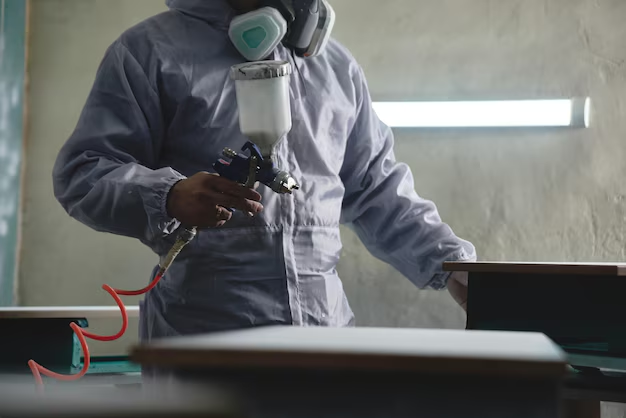How to Become a Forensic Technician: Essential Degrees and Certifications
Embarking on a career as a forensic technician can be an incredibly rewarding path for those fascinated by the intersection of science and criminal justice. To establish a solid foundation in this field, obtaining a relevant degree is often the first step. A Bachelor’s degree in forensic science, biology, criminal justice, or a related natural science is usually required. These programs typically offer a comprehensive curriculum that covers essential topics such as crime scene investigation, lab analysis, and evidence handling. Furthermore, pursuing specialized training in forensic techniques can be highly advantageous, equipping aspiring technicians with focused skills needed in their daily duties.
While a degree sets the groundwork, certifications can propel your career forward by demonstrating your commitment and expertise. Certifications such as the Certified Forensic Computer Examiner (CFCE) or American Board of Criminalistics (ABC) Certification provide formal recognition of your skills, which can enhance your resume. Additionally, depending on your state or employer, you might need to acquire specific licenses to practice legally. Staying abreast of continuing education opportunities through workshops and seminars can also keep you updated with the latest advancements in forensic technology, ensuring your skills remain relevant in this ever-evolving field.
Relevant Education and Certifications for Aspiring Forensic Technicians:
- 🎓 Bachelor's Degree in Forensic Science
- 📘 Bachelor's Degree in Biology or Chemistry
- 🔍 Bachelor's Degree in Criminal Justice
- 🧬 Certified Forensic Computer Examiner (CFCE)
- 🧪 American Board of Criminalistics (ABC) Certification
- 🏅 State-Specific Forensic Licenses or Certifications
- 📚 Continuing Education and Specialized Workshops
